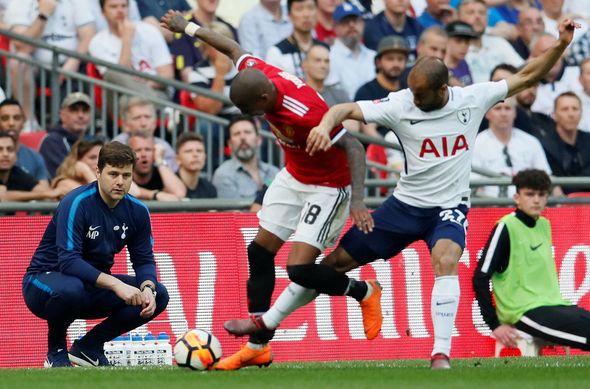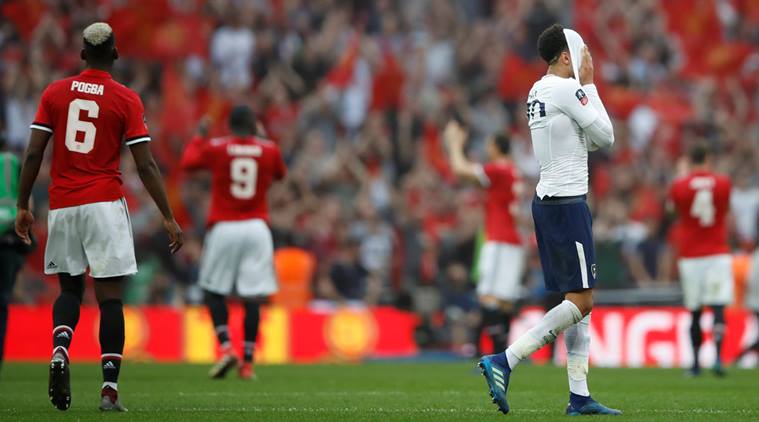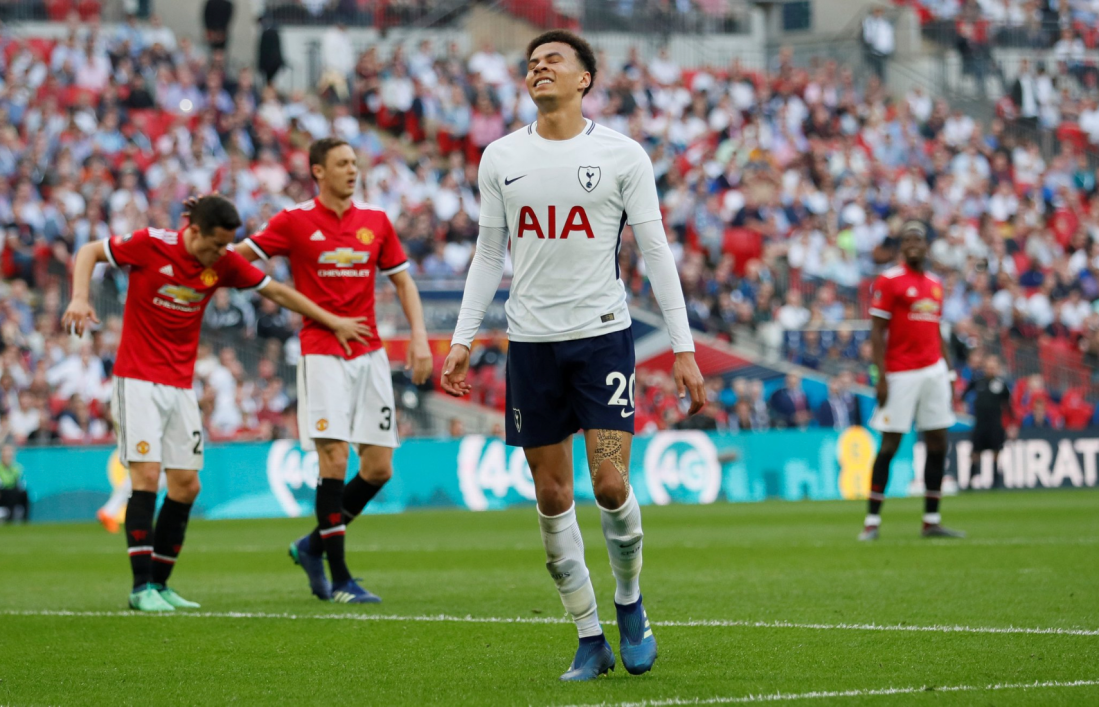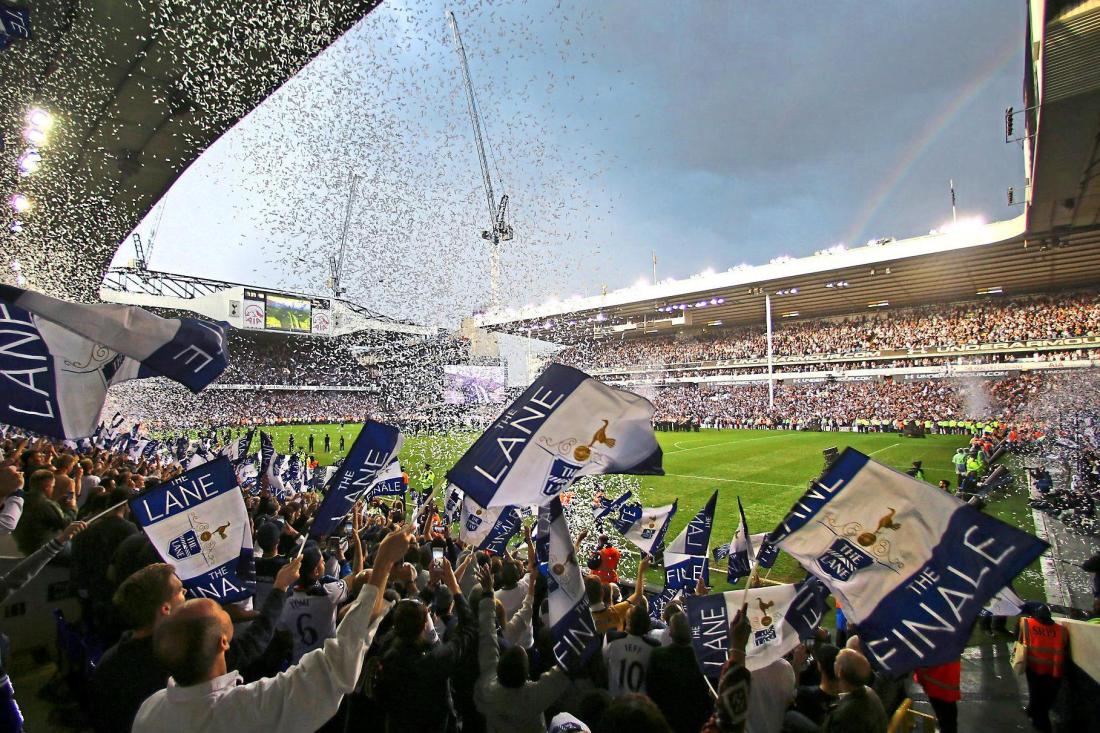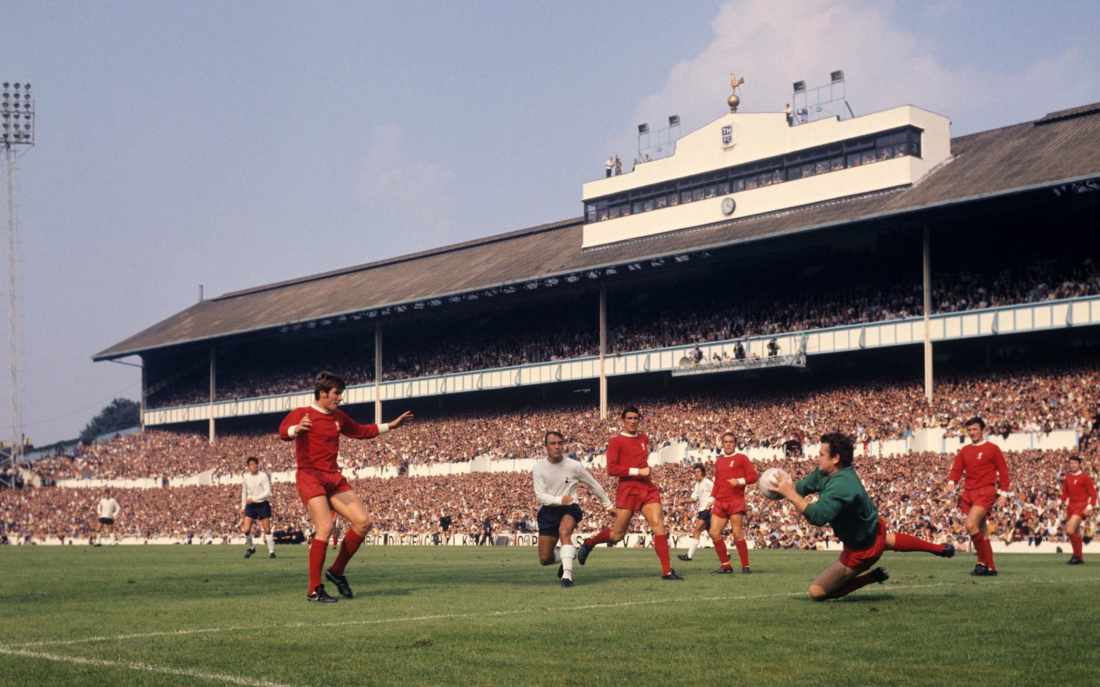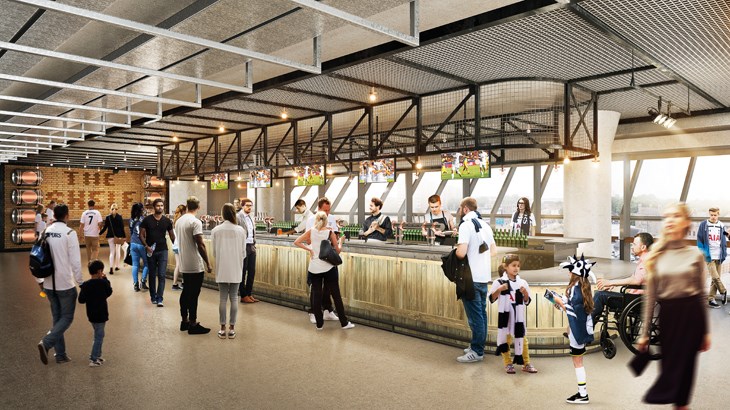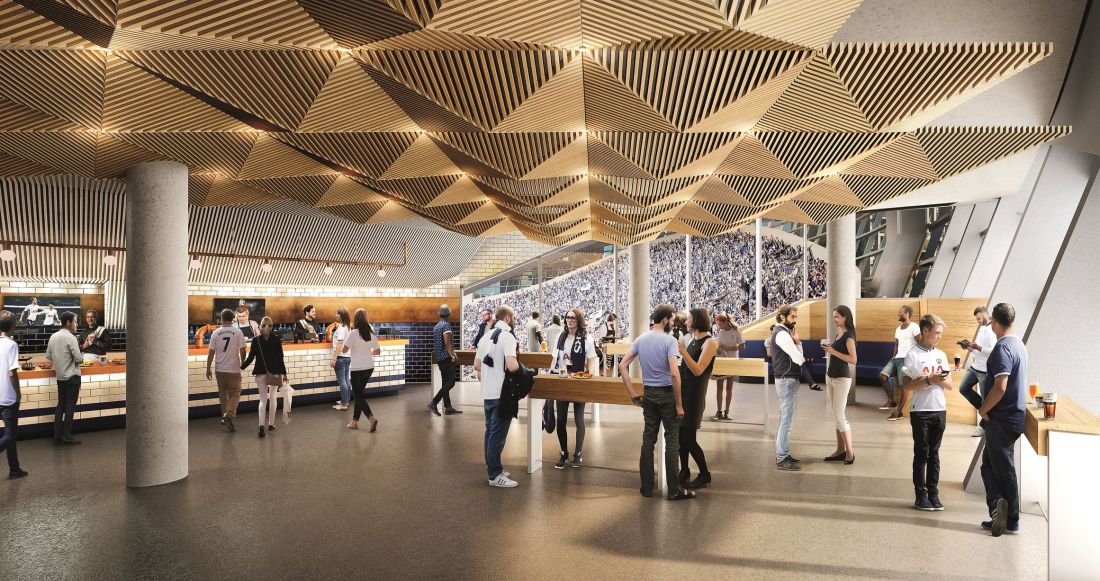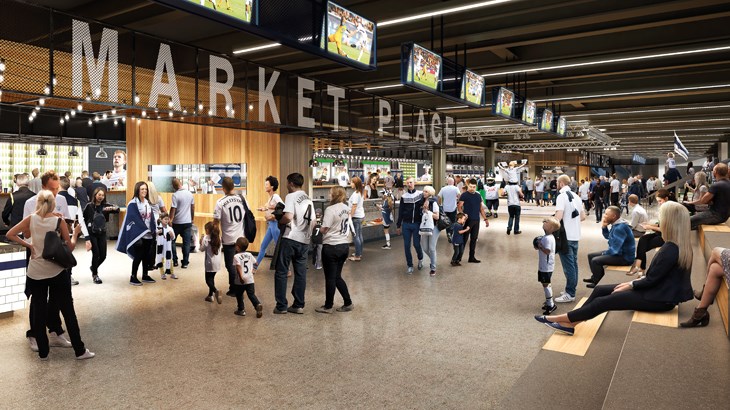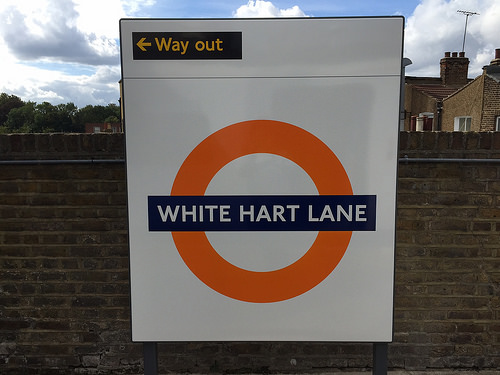For nearly a decade, connotations of Danny Rose have evolved, gone full circle, been to Hell and back, very nearly to Hull and back.
On his professional debut, he was a traitor to Leeds United, the club where he developed as an adolescent. After his Premier League debut, he was a Tottenham hero. Then he was the scapegoated left-back, before eventually becoming the best left-back. By August 2017, he had seemingly thrown away all his hard work at Spurs out of frustration. For once, a quiet Danny Rose season followed, and by the end of it, there was not a definitive or popular opinion that came to mind upon thinking about him.
As a young journalist, I’ve been privileged enough to be able to interview Rose. I was told by those more experienced in this trade that he gives candid responses, stuff from the heart, he doesn’t like being held back and will say what he wants to say. “People trying to put stuff in the media is not welcomed,” he said when questioned on his relationship with manager Mauricio Pochettino. Where most players will talk about three-point importance and the right result, Rose would talk about his game, his relationships, and the wider spectrum of football. Not philosophical per se, but insightful nonetheless. Recently, the rest of the world has begun to understand that too.
Let’s not pretend that the stigma regarding depression and mental health issues have been wiped out. The progress is evident, but there’s still a long way to go. There are still instances of the general public putting sportspeople and celebrities on a pedestal when it comes to mental health. All reason is tossed out the window in favour of the limp, lazy and frankly absurd “they’re rich” argument. It’s a quick get-out for people who think that an extra few zeroes on the end of their bank balance will make everything okay. If that’s the case, then footballers should display absolutely no emotion whatsoever. Screw being sad when you lose a match, you’re still the star in an above-reasonably-priced car.
Rose initially came back into the headlines when he revealed he had been battling depression. For a player under the stiff microscope of the media to come out and talk about his mental health, while also admitting that this would be the way his parents found out, this took an unprecedented level of courage. Pochettino is obsessed with “being brave” on the pitch; his left-back has shown the greatest sign of it off it. More than leaving home as a teenager to fight for your career, more than taking on a volley from 30 yards in a North London Derby, more than playing in front of a Wembley crowd every other week.
And so to why Rose is back in the headlines today.
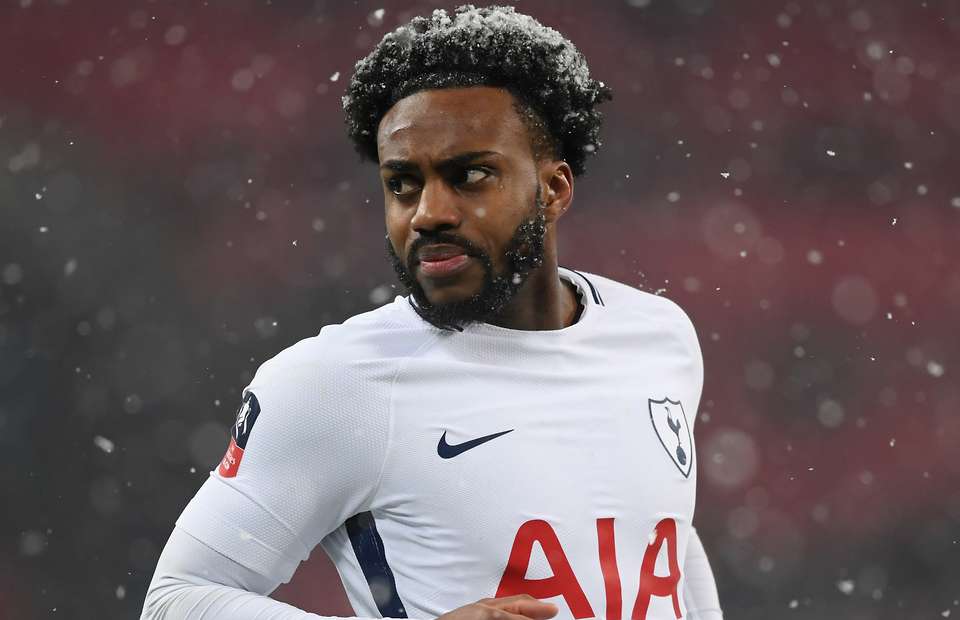
In an interview, Rose talked about how being a footballer is “the best job in the world”, but that there are issues within the lifestyle that means he would not necessarily recommend it to children. He added that his agent warned him as a teenager about the mental strength needed to succeed, and that he’s now certainly realising that truth.
There appears to be some sort of outrage, once again, that a man who has a lot of money is not necessarily happy, that someone has taken a certain on the path to find happiness in life and has not been totally satisfied. The only judge of this outlook can be the person who has travelled down that road. Is Danny Rose going to turn up at your door every time you moan about an annoyance in your life telling you to be grateful because it is still better than that of a starving child’s?
It’s easier to believe the financially wealthy man over whether his fortune has helped him mentally than people shouting inane garbage about getting kicked in the privates for the wage of a footballer.
It’s a sad circle of mental health. When a high-profile figure commits suicide, the tributes are far and wide, tweets are circulated about how important it is to talk to one-another, that everyone should pull together to try and make sure mental health is taken seriously. Soon after, people are joking about “how they want to die” in meme format and that people should “man up” when faced with mental health issues.
So which is it?
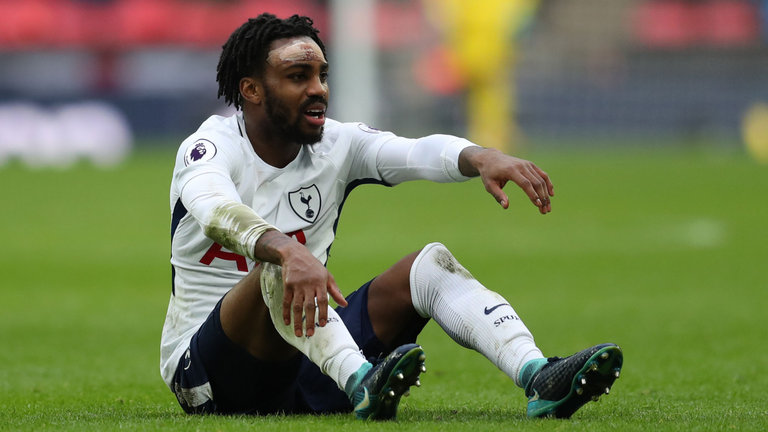
Without trying to sound like an irritating cheerleader, I believe the aim in life is find happiness. If Rose has taken the path as a footballer, become rich from doing so, but believes that hasn’t been the best path, then he’s entitled to tell people about that.
He has opened a dialogue twice within a month that sadly still needs addressing, and it has taken strength and courage to talk openly about it. Mental health and wellbeing does not discriminate against wealth and affluence, but there remains the common misconception that it does. In the grand scheme of things, no one living above the poverty line should be sad or depressed then.
Whether it is for the footballing narrative, his ability, or as a spearhead for social conversation, this sport needs people like Danny Rose.


